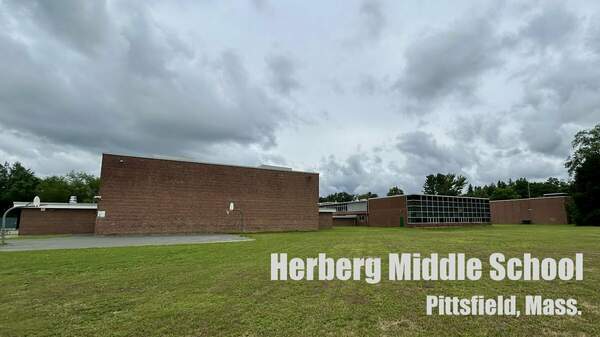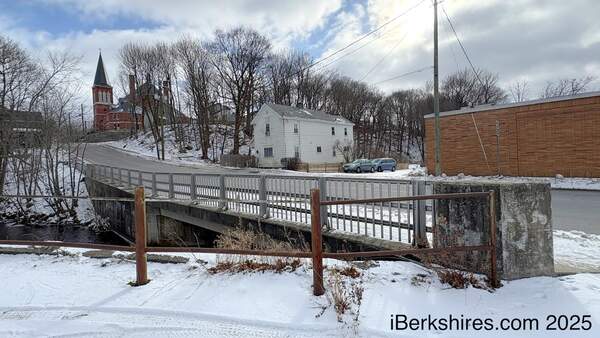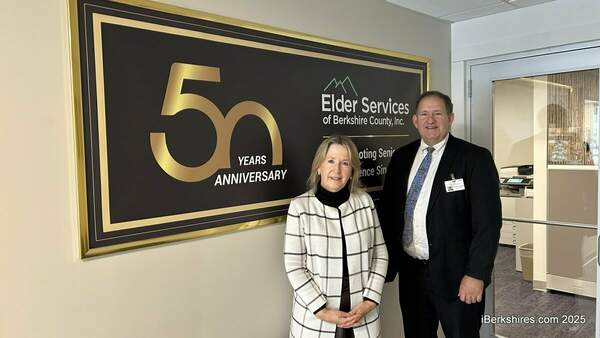Pittsfield Conservation Commission to Meet Virtually Through May
PITTSFIELD, Mass. — The Conservation Commission has decided to continue meeting virtually through the end of May, pointing to the often rapidly changing trends in COVID-19.
"If you look to how things were in the beginning of December things were not too bad, [the delta variant] was fading, and then we had [the omicron variant] and I guess what I'm saying is it could change real quickly," Commissioner Jonathan Lothrop said at the panel's meeting on Thursday.
"I mean, six weeks ago, we were at the highest we've ever been and it's so hard to know what the future is and I think the challenge is if we set a meeting for four weeks from now and it gets posted, everything else, and then all sudden they get whacked with the newest sub-variant or whatever where does that leave us? So I guess in all honesty, I prefer to keep virtual for at least a little bit longer."
This will give time to make a plan before the extension of Massachusett's remote meeting provision of the Open Meeting Law — originally enacted on March 12, 2020 — ends on July 15.
The commission began meeting virtually again in February after the virus peaked in mid-January.
Pittsfield has since recovered from the surge, dropping down to a 2.5 percent positivity rate from a 17.8 percent positivity rate in mid-January and entering the yellow incidence rate category from the "red zone."
Though, there has been a slight uptick in cases, as the city went from a 1.8 percent positivity rate on March 26 to a 2.5 percent positivity rate on Wednesday.
In other news, a continued application from LSG Investments LLC with principal Scott Graves, owner of the Rusty Anchor at 1451 North St., was continued again at this meeting.
Graves applied for a dock reconfiguration that includes accommodations for the Williams College sailing team. The commission had concerns with the design in terms of size and orientation.
The property has 20 to 25 boat moorings that were formerly installed by the Berkshire Sailing Club that the team is looking to use. The moorings expired in 2021 under the previous order of conditions that were assigned to it.
Conservation Agent Robert Van Der Kar suggested that the commission consider reducing the mooring field size but said he likes this configuration better than the one that was originally approved.
Coach William Rech said the team removed its docks last fall and has nowhere to go.
"We have no other place to go, we through the college have looked for other locations and so far no positive results," he explained, adding that if the design isn't passed the team will collapse.
A community member called into the meeting to express concern for the application and accused the marina owner of previously reconfiguring his dock system without an application. Graves later clarified that he wasn't aware that the changes he made needed to be approved.
The commission also approved an application for the construction of two baseball dugouts within bordering land subject to flooding at Deming Park.
The project that was approved by the Parks Commission in February will improve conditions on the park’s large baseball field that is used by 13 to 15-year-old Babe Ruth players.
It is expected to be paid through the league's donations and fundraising.
Tags: conservation commission,















